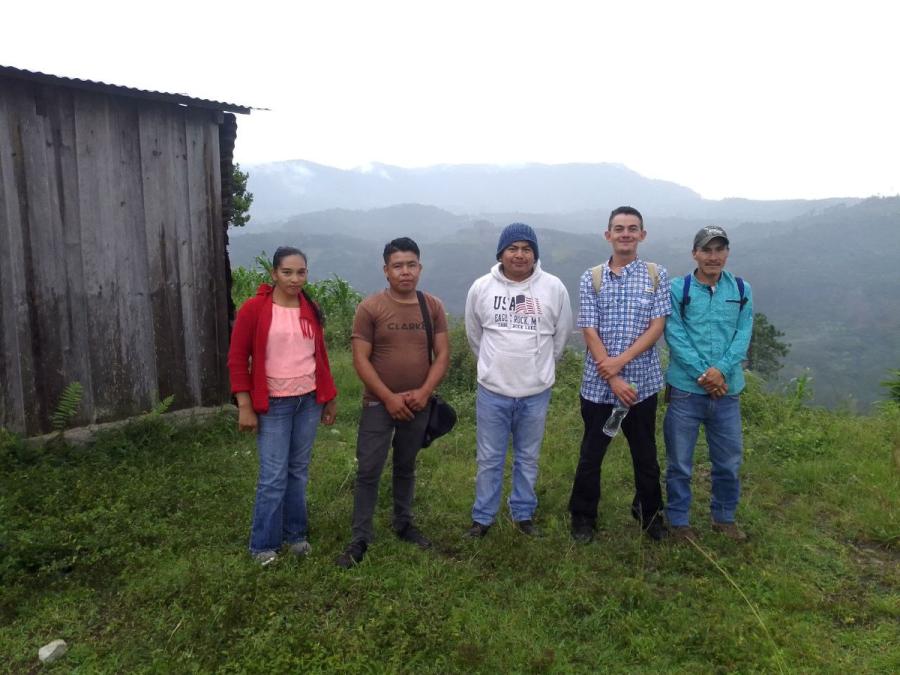Here in the United States, 1992 has earned its title as the "Year of the Woman." After false starts in previous elections years, an electoral gender gap appeared following the scandalous treatment of Anita HIll by white men in the U.S. Senate and after the sexual assault on female officers at a meeting of an organization of U.S. Navy pilots.
Women's gains on November 3 were significant. The first African-American woman in history assumes the title of Senator; the total number of women in the Senate rises from four to seven; in the House, from twenty-nine to forty-eight. There is reason to expect this new Congress and President to begin to address, in the near future, issues related to health care, housing, jobs, education, the environment, day care, and reproductive control.
These issues are more or less the center of gravity for all the world's peoples, especially women who give birth (with or without medical care), who care for children, who tend the sick and dying, who set the table by going to market and producing crops. Worldwide, women share a common agenda.
Yet beyond this agenda lie vast contrasts in power, access to resources, and power over those resources. Indigenous women face challenges that most women, not to mention men, in the developed world cannot imagine. As this issue of Cultural Survival Quarterly illustrates, the poorer and more devastated its environment is, the more dependent a whole culture becomes on women's capacity to produce food, carry water, and hold the society together. In large measure, the connective tissue of women's work joins together peoples pushed to the margins of the global economy.
I was reminded in particular of how special circumstances can erect daunting obstacles to empowerment, during a visit with the Tawahka people of Honduras. Threatened by colonists encroaching upon their land, the Tawahka want HOnduras to declare the remote forests they inhabit an indigenous reserve. As a woman of authority in the village of Krautiri expressed the urgency of her people's needs, she spoke of the imbalance of power between her people and the invaders, of how the Tawahka's shyness prevents them from defending themselves. "We are scared for our lives," she said and proceeded to quote a colonist's warning to "fertilize our fields with your blood."
For Cultural Survival as an organization, "Women's Work, Women's Worth" is welcome and, at the same time, overdue. Our last in-depth look at women's rights was in 1984. This issue renews our commitment to addressing gender-based discrimination as an integral part of all efforts to foster sustainable development and human rights. Just as outside pressures affect indigenous societies as a whole, so in specific ways can development that fails to give women a voice change and challenge their roles and places in societies. Surely, women, like men, have the right to control their own future; they have the right to respond to pressures, and opportunities, with the same resources as are available to their male counter-parts. "Women's Work, Women's Worth" adds a voice to the emerging consensus for providing to shape development projects.
All societies are in a state of change; all are undergoing some form of development. Cultural Survival has long insisted that as these processes unfold indigenous societies must be partners in, not merely subjects of, development. We campaign, fund, and organize so indigenous groups can hold onto their traditional lands and maintain their own ways of life as they decide how and when to change - or resist change. The women of these societies have the same right to self-determination.
That principle will continue to guide Cultural Survival as 1992 yields to 1993, which has its own name to live up to: the United Nations International Year of the World's Indigenous People. And just as earlier "Years of the Woman" failed to materialize, the aspirations and goals of indigenous peoples stand to be enshrined in honorific words without concrete gains in 1993. A voluntary UN fund for the Year has been empty since its inception some time ago. The United States recognizes the Year but has provided no government support, and the U.S. delegation to the UN has evidenced no sign of planning for it.
As we seek to ensure that the Year achieves to its potential, Cultural Survival is launching a three-year Campaign to promote the national and international recognition of - and commitment to - the rights of indigenous peoples. We invite you to join this effort.
In 1992, an electorate unparalleled in U.S. history placed women in high offices. Now the task of turning toward policy gains gets underway. Believing in the strength and momentum of the changes put into motion on November 3, you and I can aspire to affect policies about the world's first peoples in much the same way.
While ongoing work to secure land rights and build local institutions is essential to ensuring the survival of indigenous people, we in the First World must now seek to do more to influence the direction of our own governments, political debates, and institutions. This is the fundamental purpose of Cultural Survival's Indegenous Rights Campaign.
Article copyright Cultural Survival, Inc.

